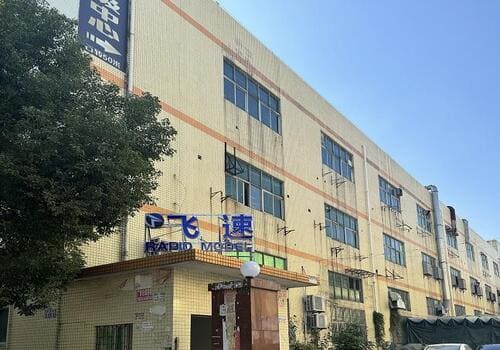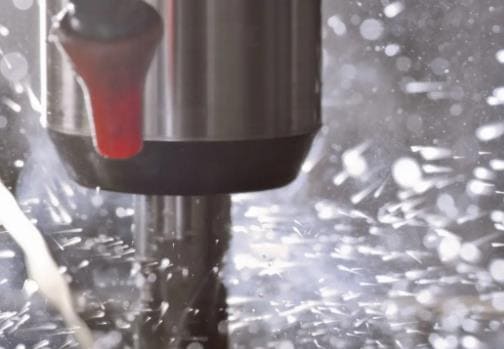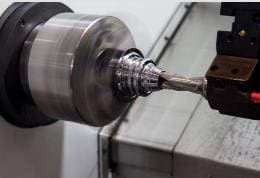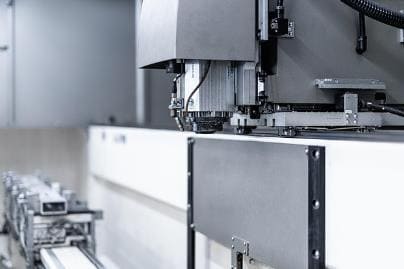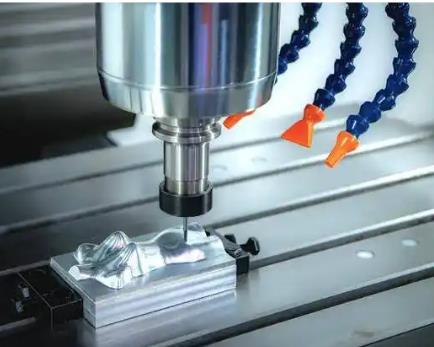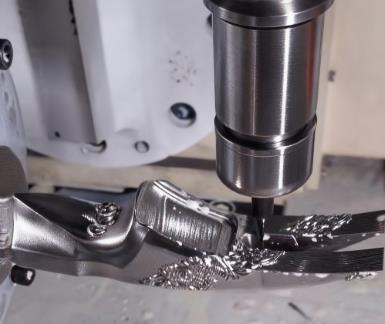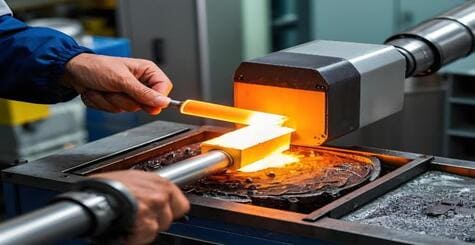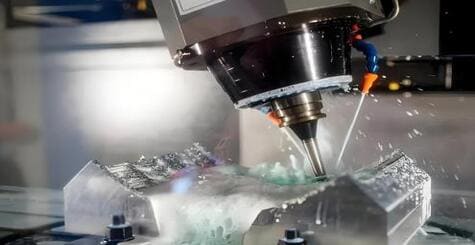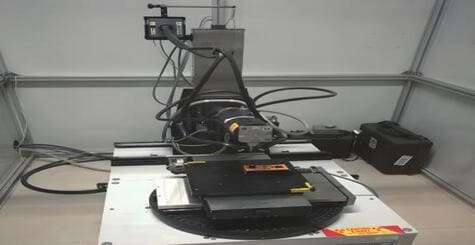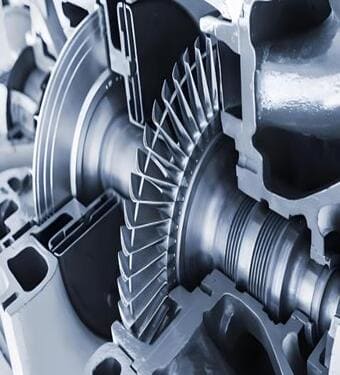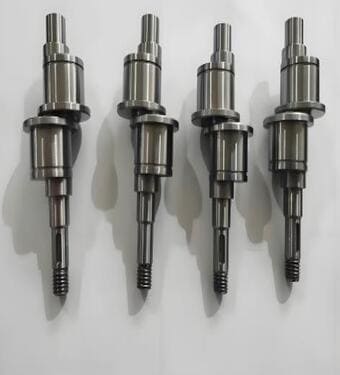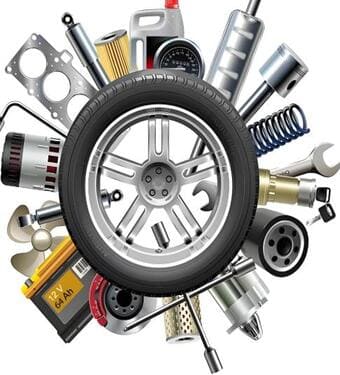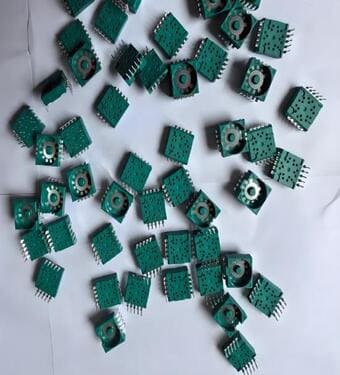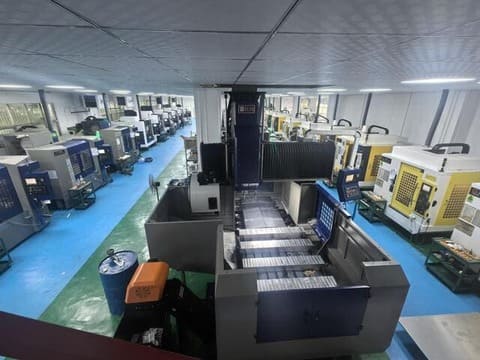What Is CNC thin-wall machining?
CNC thin-wall machining is a process where CNC machines perform high-precision cutting on metal/non-metal parts with wall thickness ≤1mm. The core challenges lie in overcoming three main issues: weak rigidity, susceptibility to deformation, and sensitivity to vibration. To achieve micron-level accuracy (±0.02mm), it requires a combination of material mechanics, dynamics, and thermal management technologies.
Rapid-Model offer high-precision custom machining for thin-walled parts, specializing in micro thin-walled components and complex curved surface machining, with a tolerance control of ±0.01mm.
Our capabilities extend to aerospace-grade large cylindrical parts (φ3.5m) and ring-shaped components, with deformation less than 0.05mm/m.
For deep cavity parts and difficult-to-machine materials such as titanium alloys, we employ multi-axis linkage combined with adaptive toolpath vibration suppression.
Additionally, vacuum fixtures and online compensation technology ensure consistent mass production quality, validated through over 50 cases including aerospace fuel tanks and precision sensor brackets.
About CNC machining
